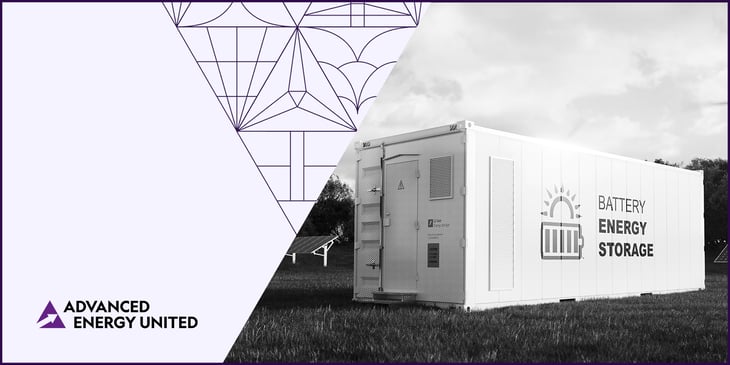PV Magazine highlights major takeaways from United's May 2023 webinar on interconnection processes and potential solutions, quoting Caitlin Marquis on the need for significant reform to make the interconnection transition more efficient.
The “efficient process solution” to interconnecting large-scale renewables and storage “is a combination of the ‘connect and manage’ interconnection approach with comprehensive regional transmission planning,” said Hannah Muller, head of markets and policy at Clearway Energy Group, on a webinar hosted by Advanced Energy United.
Greg Geller, vice president and head of regulatory affairs for Enel North America, said on the webinar that he also favors both approaches, and explained their advantages.
Advanced Energy United presented the webinar as the Federal Energy Regulatory Commission (FERC) is completing work on a rule aiming to increase the speed and reduce the costs of interconnecting utility-scale renewable and storage projects. Muller and Geller focused their recommendations on further improvements that could be instituted after FERC issues its rule.
Explaining the “connect and manage” approach, Geller said “assume you have a 200 MW project.” Some transmission system operators, he said, study projects based on how they will be dispatched “in real time. And if in real time that project would cause a constraint” if 200 MW were dispatched, a “connect and manage” approach would instead dispatch 100 MW for the time period needed.


